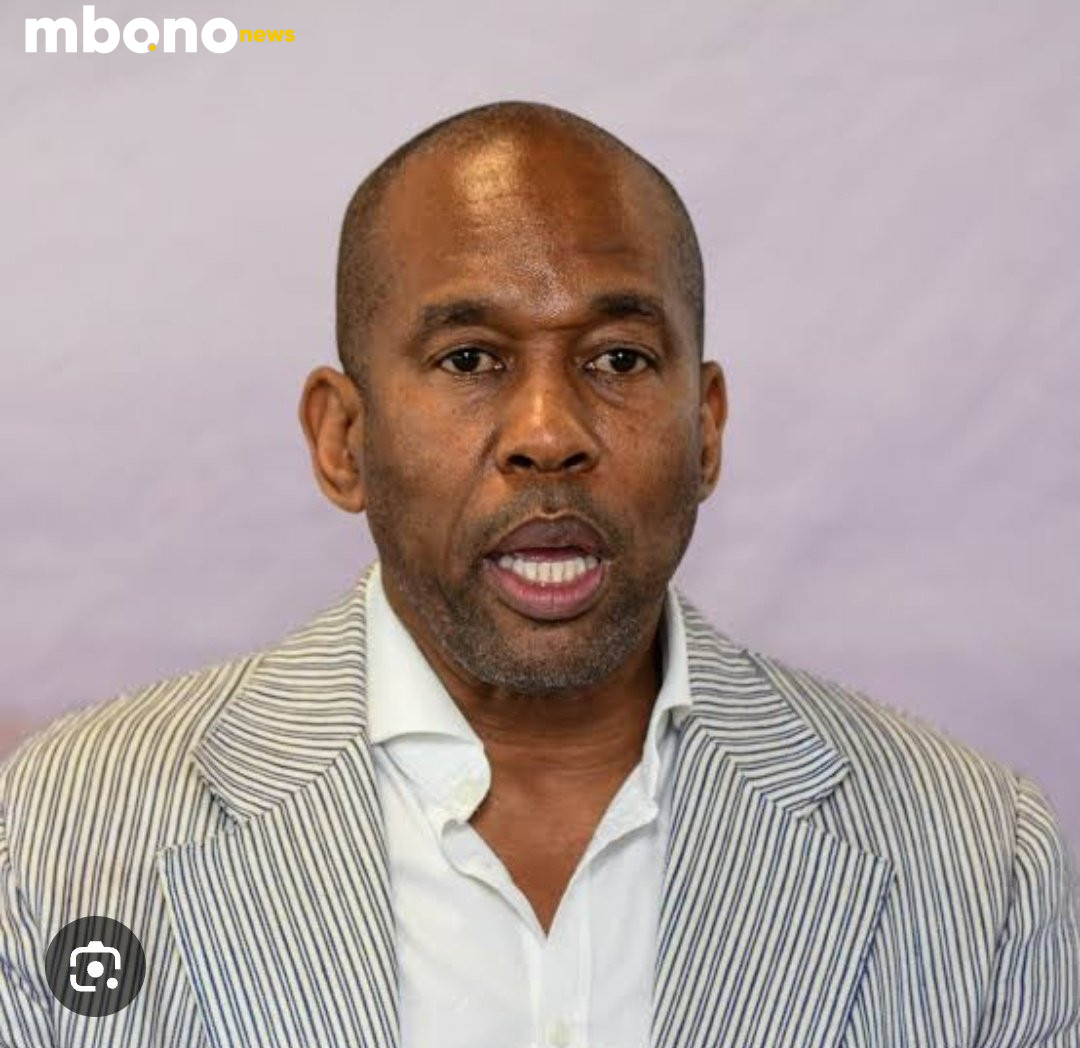Johannesburg, South Africa — A R180 billion deal meant to usher in a new era for South Africa’s National Lottery has instead ignited a storm of controversy, legal battles, and political tension. The Department of Trade, Industry, and Competition’s decision to award the eight-year National Lottery and Sports Pools license to Sizekhaya Holdings has come under intense scrutiny, with critics calling the process flawed, opaque, and politically compromised.

Sizekhaya, backed by gaming giant Goldrush and fronted by prominent businessmen Moses Tembe and Sandile Zungu, is set to take over from Ithuba Holdings in June 2026. But instead of celebration, the announcement has sparked widespread backlash over concerns about transparency, fairness, and the rule of law.
⚖️ Court Deems Interim License Unconstitutional
The controversy deepened when the Gauteng High Court ruled that Minister Parks Tau’s issuance of a five-month temporary license to Ithuba Lottery (a sister company of Ithuba Holdings) was unconstitutional. Judge Sulet Potterill found that the delay in finalizing the license process created an unfair advantage for Ithuba, which was the only operator with the infrastructure to run the lottery immediately.
This ruling has amplified questions around the minister’s conduct and the legality of the transitional arrangements.
🗣️ Accusations of Bias and “State Capture”
Wina Njalo, one of the unsuccessful bidders, has accused Minister Tau of bias, alleging that the process violated the Lotteries Act and lacked transparency.
Opposition parties have joined the fray. The Economic Freedom Fighters (EFF) slammed the decision as a form of “state capture,” citing Sandile Zungu’s ties to the ANC. Meanwhile, Build One South Africa’s (BOSA) Nobuntu Hlazo-Webster demanded the full release of procurement documentation and an urgent parliamentary review.
“This process reeks of political favouritism and secrecy,” Hlazo-Webster said. “It’s the public’s money and future at stake — transparency is non-negotiable.”
💼 Economic and Legal Fallout
While Ithuba Holdings considers legal action, arguing the outcome threatens local economic empowerment efforts, Sizekhaya is moving ahead, promising a modernized, tech-driven lottery system through a strategic partnership with Chinese firm Genlot. The consortium has pledged job creation, system upgrades, and greater community returns.
Still, the legitimacy of their appointment remains in limbo, overshadowed by the unfolding legal and political wrangling.
🔍 The Bigger Picture
At stake is more than a lucrative contract — it’s public trust in a system meant to serve the nation’s most vulnerable through lottery-funded social initiatives. As scrutiny mounts, pressure is building for Parliament, the Legal Practice Council, and civil society watchdogs to step in.
With court appeals looming and opposition voices growing louder, the future of the National Lottery may be decided not by a jackpot, but by a judge.
